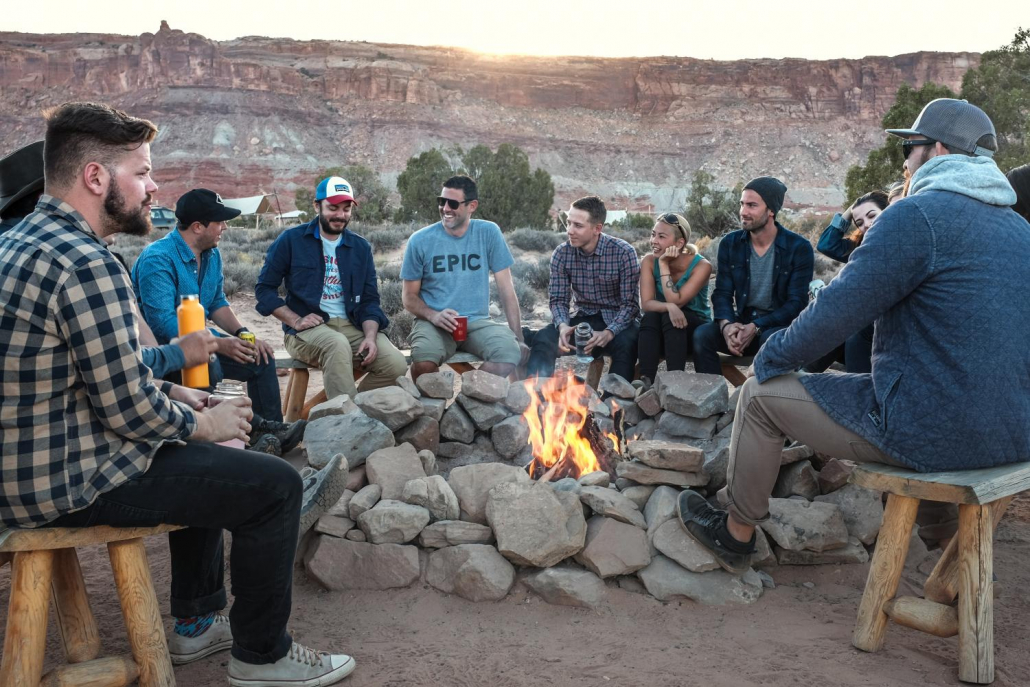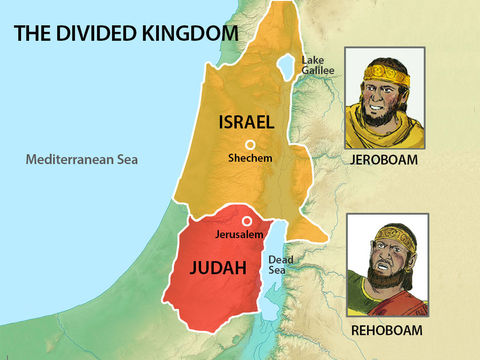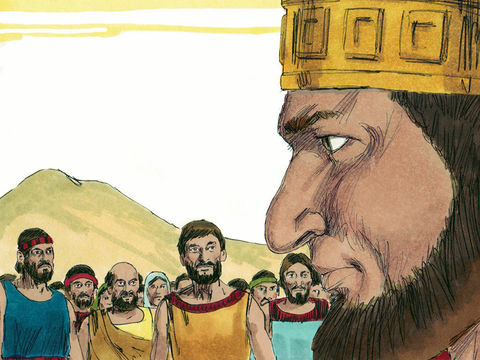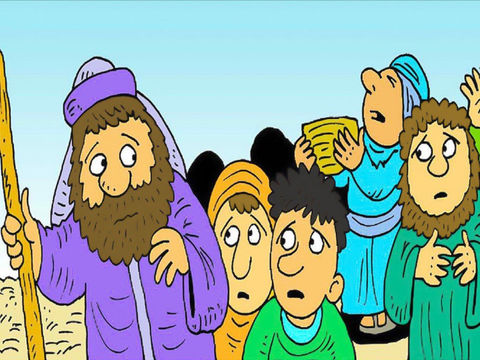Second Thoughts: Thank God for Personalities
Author: Thomas White | Editorial Staff, Living Church of God

Personality can sometimes be a bit of a touchy subject, since… well, look at the word. Most of it is literally “personal.” Personality is personal, so approaching it as a topic inevitably asks you to look at yourself and wonder, “Is mine okay? What do people think of it? What do I think of it?”
This was the subject Mr. Richard Ames broached in his recent LivingEd-Charlotte Assembly, and he emphasized that while God intended none of us to be unique in character (one’s character being defined by how closely it resembles God’s), He absolutely intended us to be unique in personality.
If you’re like me, that can be a little confusing, so consider the example of the introvert and the extravert. Some would say, “Well, that’s a matter of character, since God wants us to be friendly and sociable,” but that’s really missing the point. Yes, introverts can be perpetually silent and thus spend all of their time either holed up in their bedrooms or creeping people out with thousand-yard stares—but extraverts can also be perpetually obnoxious and abrasive, making everyone around them wish they would just be quiet a second. There’s a dark side to both of these personalities, and whether or not someone falls into it is a matter of character.
More Than One Kind of Sociable
A sociable extravert can make a group feel energized and excited, bringing people together in a lively discussion and making everyone in that group interested in contributing to it. Extraverts gain energy from being around people, so groups are like giant batteries for them. By combining that energy with the character traits of kindness and empathy, they can lead a whole group of people into a genuinely great time, fulfilling and productive work, or even a lively, respectful, enlightening debate. Some of the most fascinating discussions I’ve ever been a part of were begun by sociable extraverts who started things off with, “Hey, I’ve got a question for you guys…”

Introverts don’t do groups. But that doesn’t mean they aren’t interested in people. An introvert spends energy on people, rather than gaining energy from them, so in a group setting, it’s like every individual in that group is taking energy from one source—the introvert is drained faster, and no recipient of that energy is getting very much. That’s why even sociable introverts might be quiet and reserved in group settings—their element is focused conversation where their social batteries can be spent gradually on one individual. A sociable introvert is interested in making a person feel safe, valued, and heard. Some of the most uplifting conversations I’ve ever had have been with sociable introverts who generously spent their energy on me.
The Vast Character of God
Of course, it’s not quite as simple as that—people are deep, and most are way too complicated to just be labeled “introvert,” “extravert,” or even “ambivert.”

But God bestowed an incredible blessing when He made such a range of personalities, enabling His perfect character to be expressed in a variety of ways, ensuring that we would never be an army of righteous robots. Who knows—maybe Christ and the Father even have different personalities. Maybe Christ, as the pre-incarnate Spokesman for the God Family, is more of the extravert, while the Father, as the one we pray to one-on-one, is more of the introvert.
Or maybe not—such things are mere speculation. Regardless, the image and character of God is vast enough to house a multitude of personalities, and we can all be sincerely, deeply thankful for that fact.

Thomas White was one of the onsite Living Education students for the 2018-2019 semesters. He also has a Bachelor’s Degree in English. Thomas currently works as an Editorial Assistant for the Living Church of God. According to his wife, he eats pizza in entirely the wrong way.









